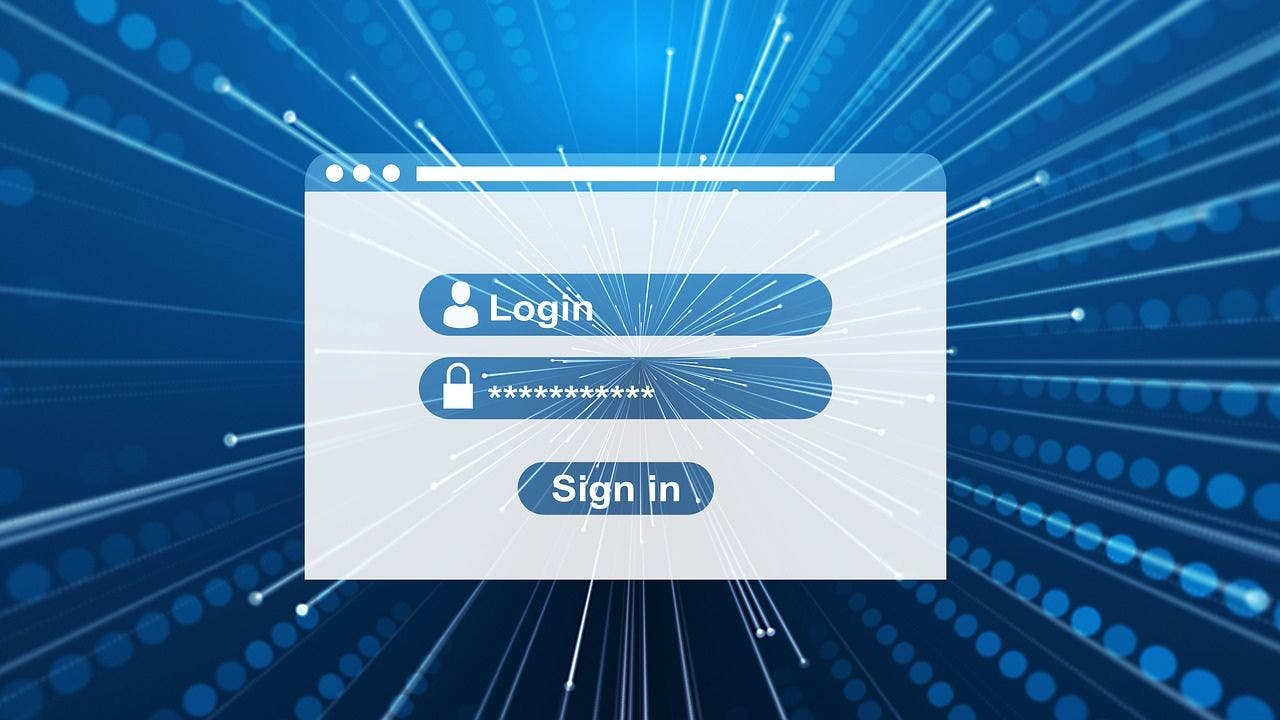Revealed: The 10 most popular and worst passwords of 2024

It’s no secret that weak passwords are a major security risk in today’s digital world. Despite knowing the importance of strong passwords, many of us still fall into the trap of using simple and easily guessable combinations like “123456” or “password.” A recent report from NordPass sheds light on just how prevalent this issue is, revealing the top 200 most popular passwords used in both personal and business accounts.
Year after year, the same culprits continue to dominate the list of common passwords. “123456” reigns supreme, with over 3 million people still using it as their go-to password. Close behind are variations like “123456789” and “12345678,” along with the perennial favorite “password,” which is still used by nearly 700,000 individuals. These weak passwords are essentially an open invitation to hackers, making it all too easy for them to gain unauthorized access to our accounts.
Even in professional settings where sensitive data is at stake, the problem persists. The corporate world mirrors personal password habits, with “123456” topping the list of common passwords used in business accounts over 1.2 million times. This lack of regard for security best practices can have serious consequences, including account compromise, identity theft, and other digital nightmares.
So, how can we break the cycle of password mediocrity and strengthen our digital defenses? It starts with creating strong, unique passwords that are at least 20 characters long and include a mix of uppercase and lowercase letters, numbers, and special symbols. Avoid reusing passwords across multiple accounts, and make it a habit to regularly review and update your passwords.
Consider using a password manager to securely store and generate complex passwords for all your accounts. A password manager not only helps you create unique and difficult-to-crack passwords but also eliminates the need to remember them all yourself. By reducing the number of passwords you need to remember, you decrease the likelihood of reusing weak passwords across different accounts.
In addition to using a password manager, consider adopting passkeys as a more secure alternative to traditional passwords. Passkeys utilize advanced authentication methods like facial recognition, fingerprint scanning, or physical security keys to provide automatic sign-ins to websites and apps.
By prioritizing our digital security and taking proactive steps to strengthen our passwords, we can better protect ourselves from cyber threats in 2025 and beyond. Let’s leave those outdated and insecure passwords behind and make a commitment to safeguarding our online accounts.




